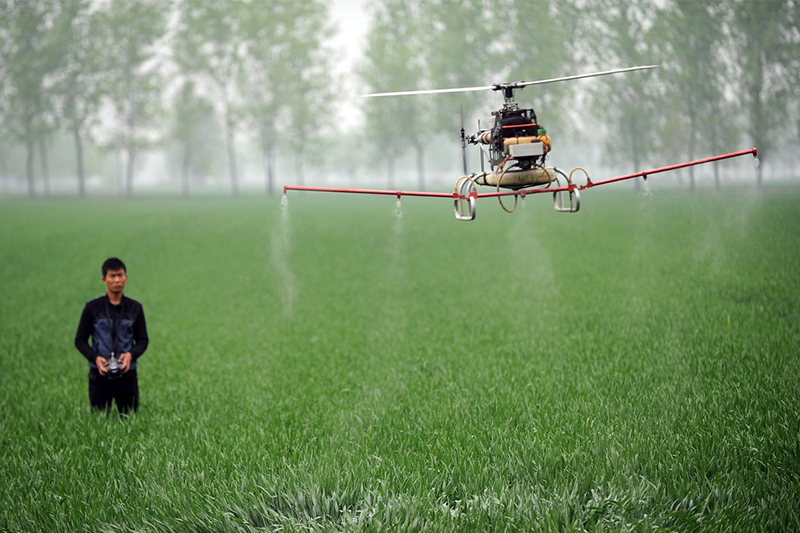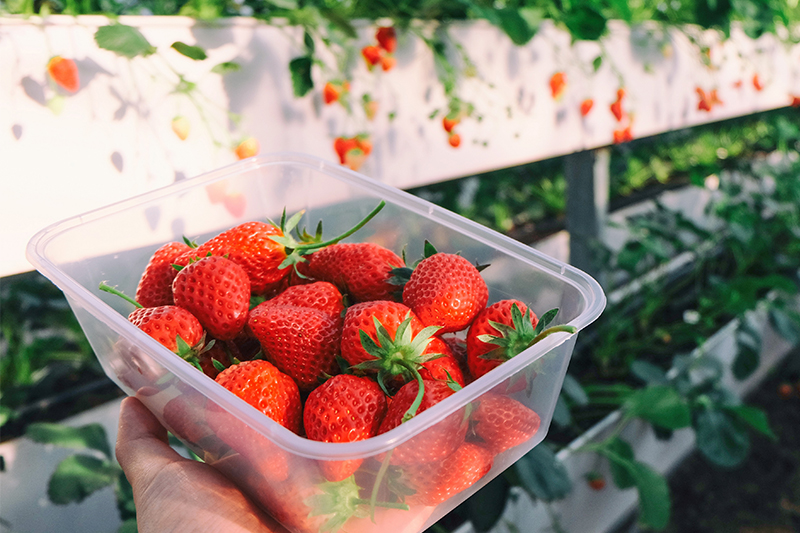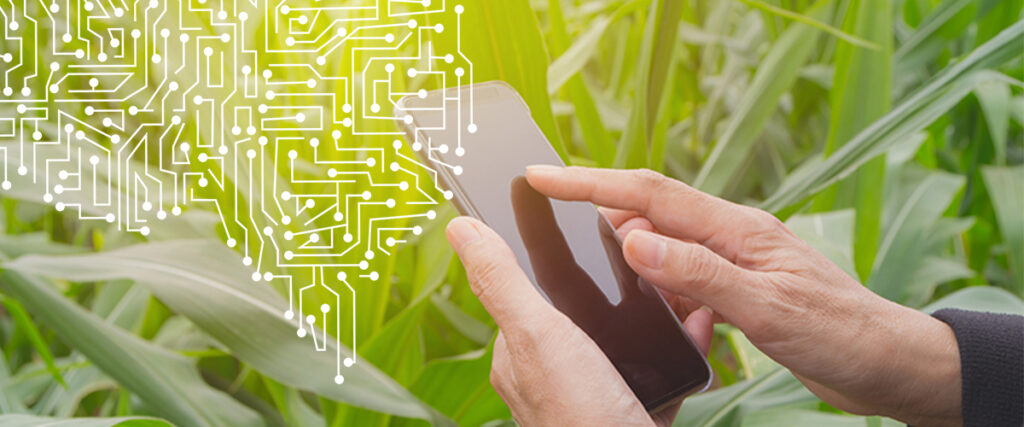Maximilian Unfried, co-founder of Vietnam and US-based agri-startup deepgreen, wants to revolutionise the way the agricultural industry is run by utilising state-of-the-art AI software.
We are all familiar with tech giants such as Google and Facebook using Artificial Intelligence (AI) for assistance in tasks such as facial recognition; what hasn’t been as widely considered is how that technology may be applied to other forms of life. 28 year old Maximilian Unfried, one of the three co-founders of deepgreen including Maxime Clauss and Colin Ferrian, is exploring just that, by using AI facial recognition technology to help farmers identify diseases and pests on crops. We sat down to talk with him at the Hive Saigon to discover how the agricultural industry is slowly setting foot into the world of AI.

Hailing from a small village near Stuttgart in Germany, Max studied Physics at the prestigious Imperial College London before redirecting his studies towards Artificial Intelligence, which he completed at Chalmers University of Technology in Sweden in 2016. There, he spent most of his time working on algorithms for facial detection, machine learning and robotics, which would later prove handy in building his start-up. Moving to Vietnam for work, it wasn’t long before he married his AI expertise with his affinity with farming. “I grew up near farmers and we grew orchids at home. I would go with my father to pick apples and take them to a juicery,” Max recalls. He met his soon-to-be Chief Technology Officer, Maxime Clauss at Sentifi in 2016 who, coincidentally, had a similar affinity, as his father had been a farmer and assisted in the building of irrigation systems in Northern Africa. Together, the two decided to do something more meaningful, developing an algorithm to help Cannabis growers in the U.S. differentiate the sexes of their plants. “Cannabis is federally illegal in the U.S., a lot of big companies don’t dare to touch it, so it is a really good ecosystem for a start-up because you can build your technology and your market share without the competition of big companies,” says Max. It wasn’t long before they realised that the technology could be applied much more widely across the agricultural sphere.
Founded by the group of three in August 2017, presently they are focused on using their camera systems to diagnose diseases, pests, nutrient deficiencies and mould. Eventually, they hope to deploy their tech to determine the best time for harvest and they also aim to start work on yield estimation, in order to predict how much produce a farmer will grow. In addition, the B2B company helps develop AI for agricultural manufacturers, which can be applied to other tools ranging from irrigation systems to L.E.D Lights. As Max explains of the company mission, “We want farmers to make more money. Additionally, we want to remove the need for pesticides as they are harmful to the ecosystem. If we can produce more healthy food using our technology, then everyone wins.” Not that their technology has been universally welcomed – there are some that worry about the threat AI poses to jobs in farming, in exactly the same way they are spooked by its impact in other spheres. “Artificial intelligence might make agriculture more efficient, decrease the cost of production and increase the quality,” Max reasons. “It is the same with every industry that is trying to get automated, people will have to adapt to it.”

As AI takes hold, people will indeed be forced to adapt, and its encroachment into other areas of crop growing will only speed this process up. It is already being used in weather prediction, and to identify weeds from non-weeds. Some companies are even starting to enter the genomics field, which is a branch of molecular biology focusing on the mapping of the genomes. By running algorithms to find patterns in species that are more resistant to certain disease, farmers can use this information to selectively interbreed those plants. For deepgreen specifically, Max confirms that they are using a branch of AI called ‘deep learning’. Inspired by how the brain works, it features an interconnected web of nodes called neurons which are joined by edges. AI uses these edges to detect simpler patterns, detecting complex pictures in the same way it’s believed our brains use a similar method to decipher patterns.
Currently, deepgreen is looking to expand their workforce to include another dozen or so members who will mainly be engineers. After receiving incubator funding from Canopy Boulder and completing a second bridge round, they are ready to open their seed round this summer. With their progress, Max hopes that, by next year, their technology will be on the mass market. Whilst it may not be the most high profile of places that AI is making waves, he is adamant of its importance. “For anyone out there who wants to make an impact, you should be looking at agriculture; even though it might not be the sexiest industry, it is one of the oldest and you can have a lot of impact innovation wise. Here, you can touch an industry that is carrying the entire globe; I think that’s very fascinating.”
Related Articles
Your Guide to AgriTech, the Next Big APAC Industry




